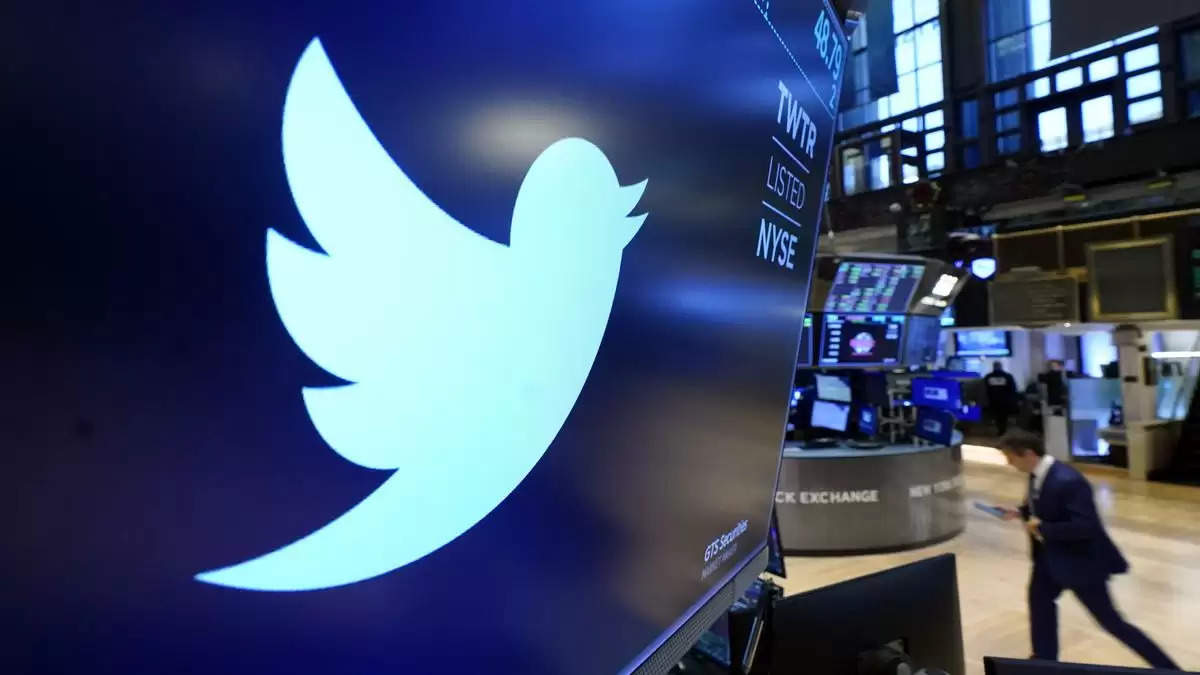The Karnataka High Court denies Twitter's appeal against directives from the Central government to disable messages and accounts and imposes costs of 50 lakh.

On Friday, the Karnataka High Court dismissed Twitter's petition contesting 10 blocking orders the federal government issued between February 2021 and February 2022 requiring the social media giant to remove 39 URLs. [Union of India v. X Corp.]
A staggering 50 lakh rupees in fines were also levied against Twitter by Justice Krishna S Dixit for failing to respond to the Central government's requests for blocking in a timely manner.
The Court remarked that Twitter is a billionaire firm rather than a farmer or a regular individual who is not conversant with the law.
Judge Dixit today stated that he is persuaded by the Central government's position that it not only has the authority to block tweets but also accounts, referring to the operative portions of the judgement.
The judge also disclosed that the verdict addressed about eight issues, including whether the user whose tweet was blocked should be informed of the reason(s) and whether tweets should be prohibited for a set length of time or indefinitely.
The Karnataka State Legal Services Authority must be paid the expenses in 45 days. The Court ruled that there will be a 5,000 fine for each day the payment is late.
On April 21, the Court heard substantial arguments from both parties and reserved judgement on the case.
Twitter argued that the Central government lacked the authority to make broad orders requesting the disabling of social media accounts and that the orders needed to include justifications that users should be informed of.
Additionally, it specified that a blocking order may only be issued when the nature of the item complied with the conditions outlined in Section 69A of the Information Technology Act.
Twitter added that there was a chance that explanations will be made up in the future if reasons were not specified in such banning orders.
Twitter asserted that there was no restriction on the social media giant contacting the Court and that Article 226 of the Constitution, which grants High Courts writ jurisdiction, did not only apply to violations of constitutional rights.
On the other hand, the Central government said that since Twitter was unable to speak for the owners of its accounts, it lacked the legal authority to file the case.
The corporation was also unable to rely on fundamental rights protected by Articles 14 (right to equality) and 19 (right to freedom of speech and expression) of the Indian Constitution to defend the case because Twitter is a foreign entity and the government's ten banning orders were not arbitrary.
Twitter argued in its appeal to the High Court that blocking at the account level is an excessive step that infringes on users' constitutional rights.
Only 39 URLs out of 1,474 accounts and 175 tweets were contested by Twitter regarding URL banning.
According to the petition, the in question orders are both procedurally and substantively inconsistent with Section 69A of the IT Act and are therefore clearly arbitrary.
Additionally, it was stated that they do not follow the protections and procedures outlined in the Information Technology (Procedure and Safeguards for Blocking for Access of Information by Public) Regulations, 2009 (Blocking Rules).
Twitter further contended that Section 69A of the IT Act is violated by the directive to block whole accounts.
In response, the Central government stated that the directives to block specific Twitter accounts were made in the interest of the nation and the public, as well as to stop lynching and mob violence.
The government emphasised that it is dedicated to giving its citizens access to an open, safe, trusted, and responsible internet and that the breadth of its authority to prohibit content is constrained.
When the Additional Solicitor General of India R Sankaranarayanan appeared for the Central government, senior solicitors Ashok Haranahalli, Arvind Datar, and Manu Kulkarni represented Twitter.
.png)